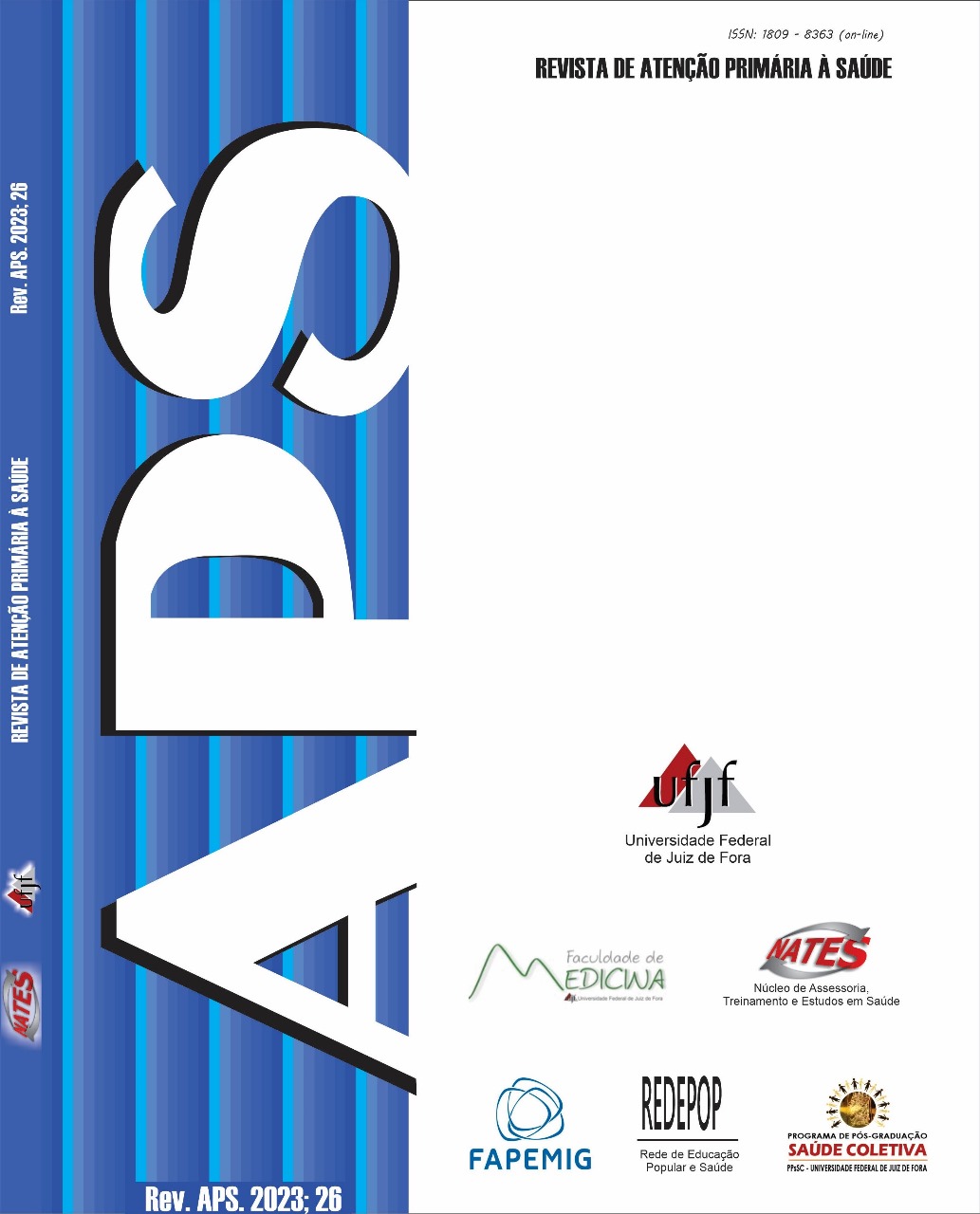Analysis of the home medication stock of users of the Family Health Strategy in Rondonópolis - MT, Brazil
DOI:
https://doi.org/10.34019/1809-8363.2023.v26.41307Keywords:
Drug Storage, Family Health, Self Medication, House Calls, Therapeutic UsesAbstract
It is common for Brazilian families to store medications, whether for continuous use, leftover from treatment, due to abandonment, or for self-medication. Thus, this study aimed to analyze the home drug storage of the population attached to the Family Health Strategy (FHS) in Rondonópolis-MT from February to June 2022, to assess storage conditions, conduct a survey of all pharmaceuticals in the households in their different pharmaceutical forms, and identify the medication use profile according to their therapeutic indications. This was a cross-sectional, exploratory, descriptive-based study. A questionnaire was administered to each household during home visits. Regarding the study sample, 83.9% (n=281) of the respondents were female, predominantly over 40 years old, with a low level of education and lower family income. Of the participants, 97.6% had home pharmacies. These medications were primarily stored in kitchens, bedrooms, and living rooms. The most numerous therapeutic classes were analgesics (14.2%), NSAIDs (8.9%), and antihypertensive drugs (7.7%). The quantity of stored medications was significantly higher among those practicing self-medication and participants with inadequate knowledge about medication use, revealing the need for pharmacists as promoters of health education actions on rational drug use.











